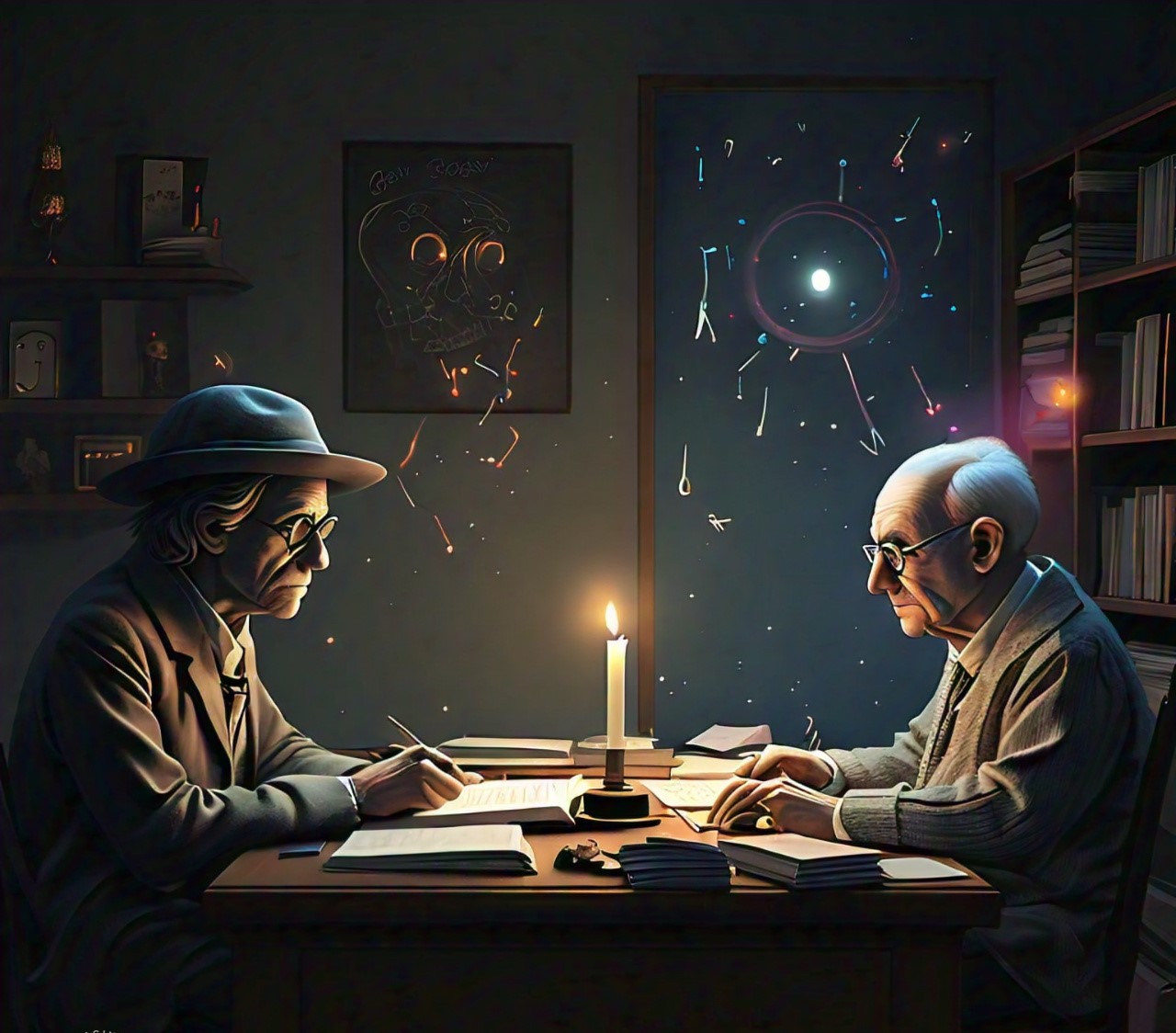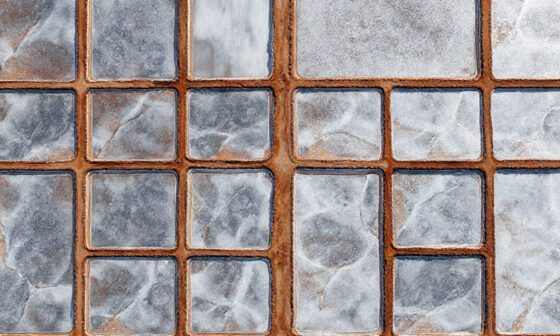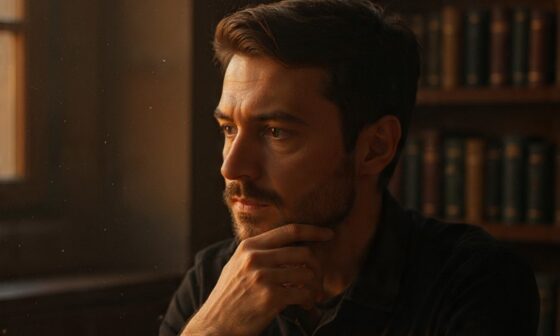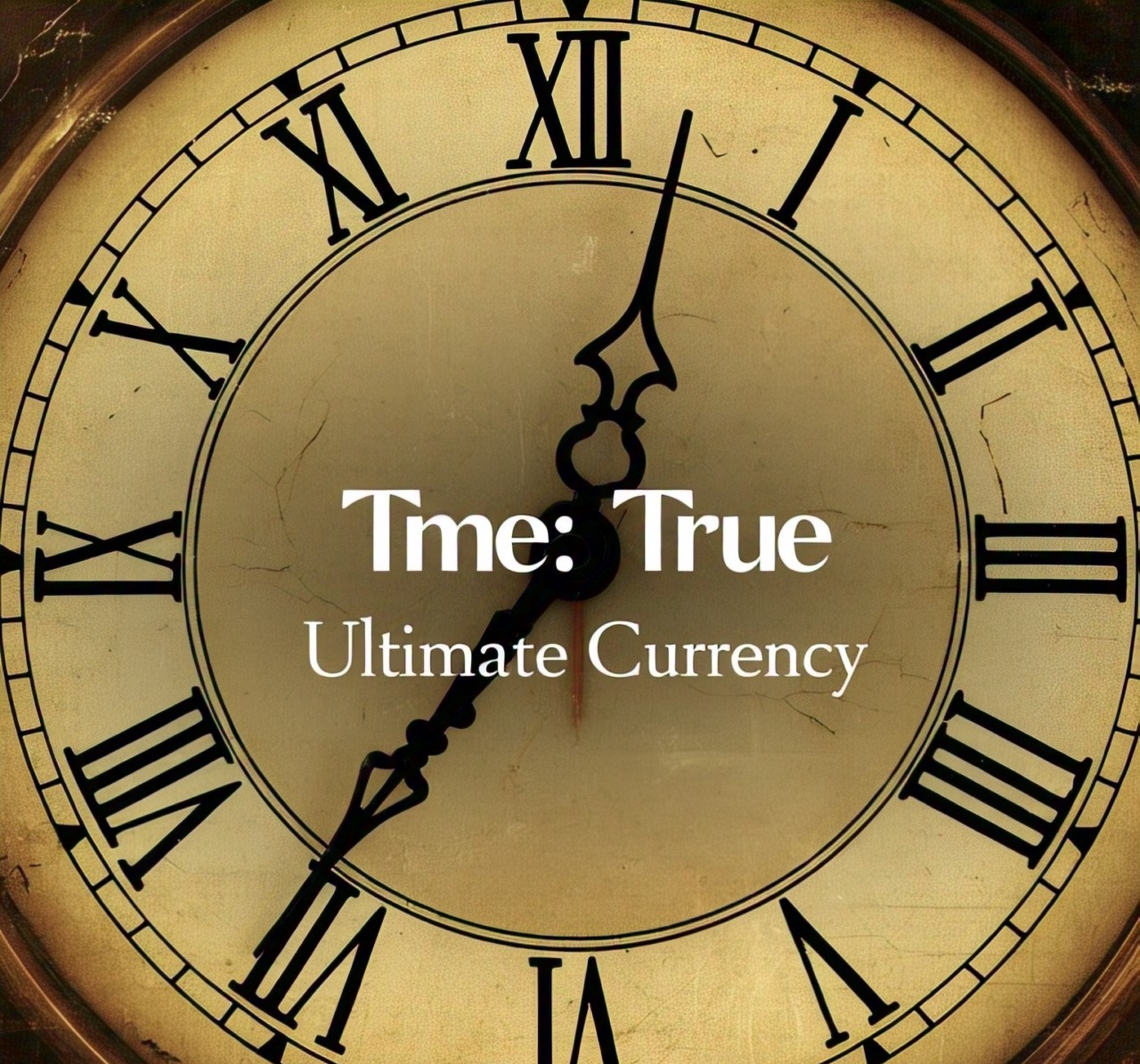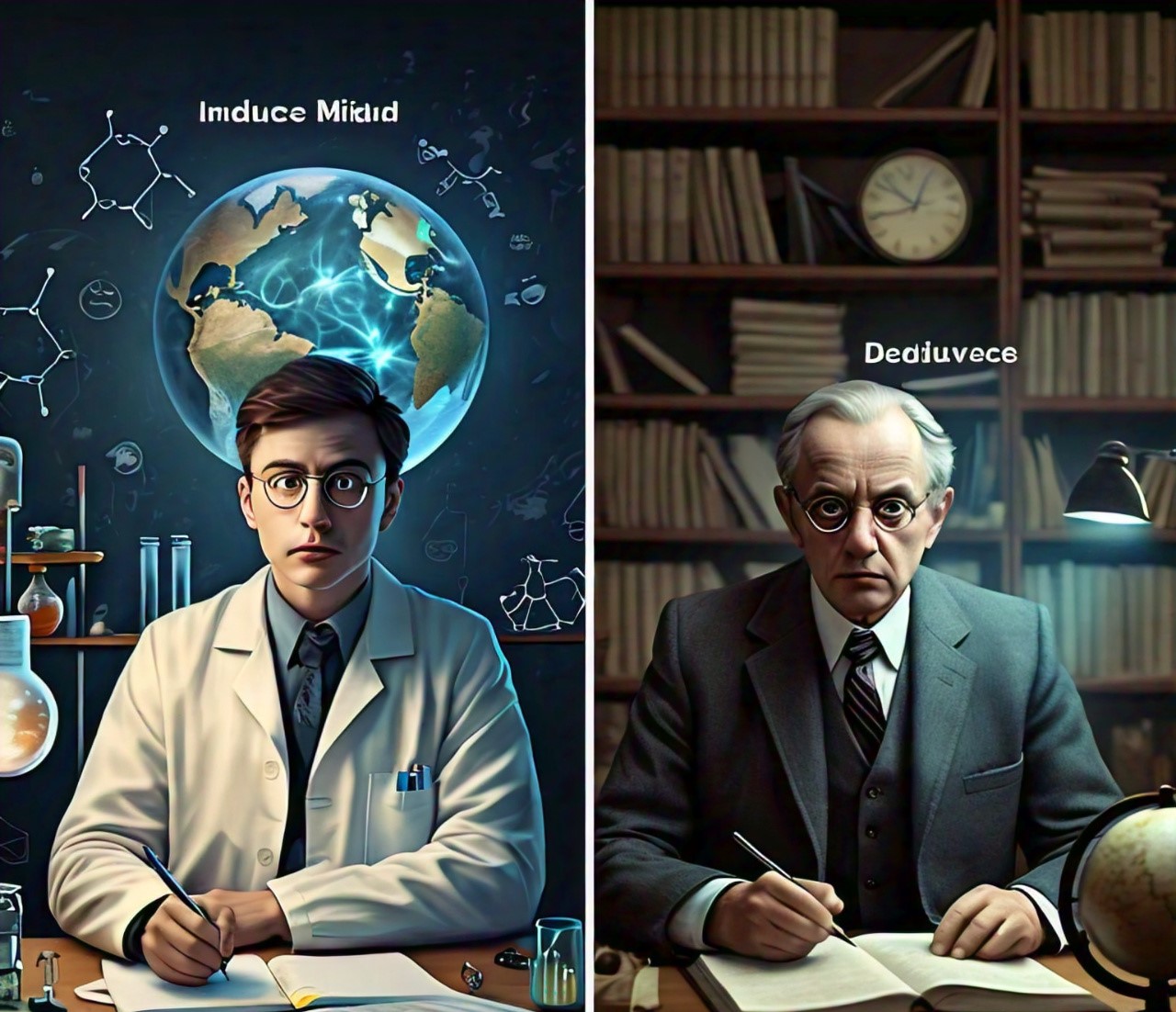It is right to assume that most of us often think of hate and bitterness as feelings directed outward, emotions we feel toward people who have hurt us, betrayed us, or disappointed us. We believe we are protecting ourselves by holding on to them, by staying angry, by never forgetting. We think our bitterness gives us strength, or that our hate somehow makes things right, but the strange and painful truth is that these emotions rarely harm the people they are aimed at, and instead, they quietly turn on us.
Hate and bitterness do not just sit in the mind; they settle deep in the body, in the chest, in the stomach, and in the heart. Over time, they begin to shape how we see the world, how we treat others, and even how we treat ourselves. They replay old pain like a song stuck on repeat, keeping us trapped in memories and moments we wish we could escape, and in our trying to punish others with our anger, we end up punishing ourselves, physically, mentally, and emotionally.
And this brings us to the paradox of hate and bitterness: What feels like a defense becomes a wound; what feels like power becomes a weakness. The hate that once made us feel alive begins to numb us. The bitterness we carry begins to poison everything we love, including our own peace, our own health, and our ability to feel joy. Slowly, almost invisibly, it begins to haunt us, starve our spirit, and, if left unchecked, it can even kill us from the inside out.
And it is this paradox that I want us to look at; I want us to see how hate and bitterness can offer a false sense of control while secretly dimming the light of the heart and mind. We will look at what psychology and philosophy say about these emotions, and why healing often begins not with revenge, but with the hard, honest work of letting go.
How Hatred and Bitterness Devours Us
Hatred is often born from deep pain; it can feel like a fire that lights up the dark corners of our hearts after we have been wronged. At first, it feels powerful, it feels like it gives us focus. It gives us something to hold onto when everything else feels uncertain, but over time, that fire does not stay contained. It spreads and the person it burns most is not the one we hate, it is us.
If we harbour hatred, it will create tension in our body, it will tighten our jaw, clenches our fists, and it will shorten our breath. Our nervous system stays in a state of fight, always ready to attack, but with no place to go, and this constant state of alertness wears us down. Stress hormones flood our body, our heart beats faster, our immune system weakens. Sleep becomes harder, our energy fades, and in this path, hatred moves from being a feeling in the mind to a burden on our body.
Psychologically, hatred traps us in a loop; where we replay the hurt over and over again, and our mind keeps returning to what was done, what should have been said, what could have happened differently. Each time we revisit the pain, we keep it alive, we carry the enemy with us in our thoughts, even when they are long gone, and in trying to hurt them, we keep wounding ourselves.
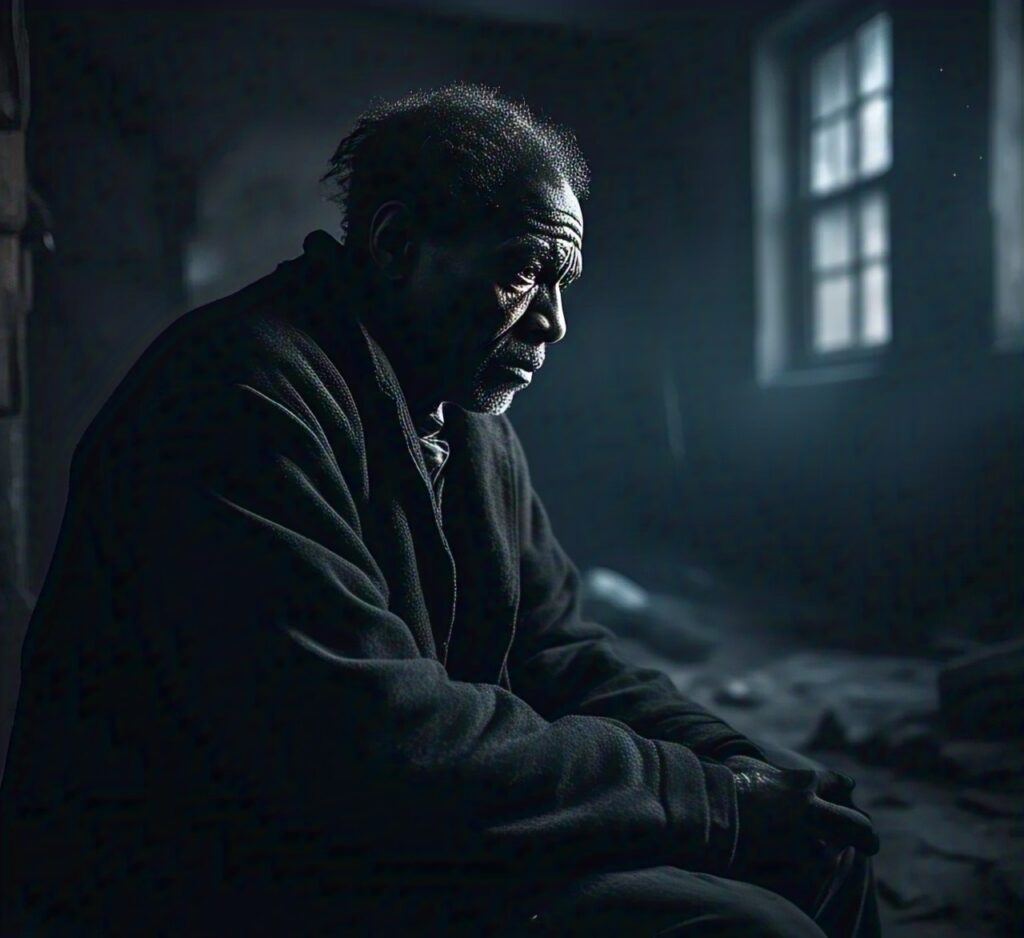
Philosophers have long warned about this; the Stoics believed that anger and hatred were signs of a soul not yet free. They taught that the wise person seeks peace within, not revenge without. Buddhism teaches that hatred is like holding a hot coal with the intention of throwing it at someone else, you are the one who gets burned, obviously.
And so the paradox is clear: We think hate will protect us, but it consumes us. It turns us into someone we do not recognize, someone we never wanted to be. And by the time we realize what it has done, the damage may already be deep.
Bitterness as Self-Betrayal: How Resentment Starves Our Soul
Bitterness is not always obvious like hate; sometimes, it whispers. It lingers in quiet moments, creeps into our thoughts, and hides behind a forced smile or a cold silence. Bitterness is the slow, quiet belief that life has been unfair and that we deserve better, and at its root, it often comes from deep disappointment, betrayal, or unresolved hurt. But instead of healing, bitterness clings to the wound, biting, eating it up, refusing to let it close.
What makes bitterness so dangerous is how easily it disguises itself. It can look like righteousness, like wisdom, like self-protection, but over time, it begins to harden the heart. It makes us suspicious of kindness, and it makes joy feel undeserved. It makes hope seem foolish, and slowly, it starves the very parts of us that make life meaningful, our ability to love, to trust, to dream.
Psychologically, bitterness can become part of our identity; we begin to define ourselves by what was done to us. We relive the same story again and again, always as the victim, always as the one who was wronged; this mental looping keeps us trapped in the past. It robs us of new experiences, new relationships, and new beginnings. We stop growing, not because we can not, but because we have chosen to keep drinking from the cup of resentment.
Bitterness is a kind of self-betrayal; it is like turning our backs on who we could become, just to stay loyal to our pain. Søren Kierkegaard, the Danish philosopher, once said that “resentment is like inhaling poison and waiting for the other person to die.” It may feel like justice, but it is really just slow, emotional starvation.
And the paradox here is just as tragic as with hate: We hold onto bitterness thinking it honors our suffering, but in truth, it dishonors our healing. It does not protect our dignity, instead, it erodes it. It turns the story of our lives into a closed book, stuck forever on a chapter we were meant to outgrow.
Feeding on Pain Until Nothing Remains
There is a strange hunger in hate and bitterness, a craving not just to remember the pain, but to keep feeding on it, again and at first, this might seem like a form of self-protection, a way to make sure we do not forget what we have been through. But again and over time, it becomes something darker: We begin to nourish ourselves with the very thing that is destroying us; this is emotional cannibalism, feeding on our own hurt, our own anger, our own past, until there is nothing left of who we used to be.
According to psychology, this happens when pain becomes our comfort zone. We return to old wounds like they are familiar rooms, we talk about them, think about them, rehearse them. The pain becomes part of our identity, and without it, we feel lost, we no longer know who we are without the struggle, the betrayal, or the anger, so instead of healing, we keep feeding on the pain, not realizing it is killing our soul.
This self-devouring cycle will only lead to emotional exhaustion, depression, and physical symptoms, like tightness in the chest, fatigue, headaches, even chronic illness, because noe the body starts to carry what the mind will not release. Every bitter thought leaves a trace, and over time, those traces become scars, both seen and unseen. And this kind of self-consumption reflects a deeper existential crisis. Nietzsche wrote that “if you gaze long enough into the abyss, the abyss gazes back into you.” When we obsess over the wrongs done to us, we risk becoming the very thing we hate, we lose our ability to imagine a different future, we stop seeking beauty, meaning, or connection, because all we can taste is pain.
And so the paradox here is haunting: We believe we are keeping the pain alive to stay strong, to stay safe, to stay true to what happened. But in truth, we are consuming ourselves from the inside out, what once was survival becomes self-destruction.
How Justified Anger Becomes a Prison
Hate is not a good thing to begin with but not all hate begins in darkness, sometimes it begins with a sense of justice. When we are deeply wronged, hurt, or violated, anger feels not only natural but it feels right. It rises up like a fire to defend what we love, what we believe in, and who we are. This is what I would like to call a righteous fury, and at first, it may serve a purpose; it tells us something matters; it tells us something is broken. But again and as time passes, that same fire can trap us. What once gave us power can quietly become our prison.
The mind is quick to build a case; we rehearse what they did, how unfair it was, and why we are justified in feeling this way. We create a narrative in which we are the hero and they are the villain. And maybe that story is true or at least, it was, but what happens when we never update the story? What happens when our anger no longer points toward healing, but instead circles endlessly around our pain?
This kind of long-term anger becomes a fixed mindset, and we stop looking for resolution. We stop seeking growth, we define ourselves by the harm done to us and by our right to remain angry. We might say we are standing up for what is right, but inside, we are often stuck, unable to move on, unable to breathe freely, unable to imagine life without this new burden of anger and bitterness.
Righteous anger has long been debated. Aristotle believed that anger can be virtuous if directed appropriately, in the right amount, for the right reason. But when it becomes excessive or prolonged, it loses its virtue; it becomes destructive. And the moral high ground turns into moral isolation, we become so sure of our rightness that we close ourselves off from the very things that heal: Compassion, curiosity, forgiveness.
And so again the paradox deepens: What begins as a fight for truth becomes a fight against life itself; a fight against your own life, your spirit, soul and your body. We think we are standing strong, but we are really standing still, trapped in a prison built from our own sense of being right.
Toll of Bitterness: The Heart of Stone and The Body of Ash
When we speak of hate and bitterness, we often treat them as emotions that live only in the mind. But here is another truth: The body remembers; it holds the tension, it absorbs the sorrow, it echoes the anger. And with time, what we refuse to release in thought begins to root itself in our flesh. Bitterness does not just change how we feel; it changes how we live in our own skin.
Chronic bitterness can manifest as what researchers call “post-traumatic embitterment disorder,” a condition where resentment becomes so consuming it leads to anxiety, depression, and withdrawal from life. But even without diagnosis, the body speaks this language in symptoms: Headaches, fatigue, insomnia, digestive issues, high blood pressure. These are not random; they are the body’s cry for relief, for release, and for healing.
According to biology, stress hormones like cortisol surge when we are caught in cycles of anger and resentment. When these chemicals flood the system over and over, they begin to wear down our resilience; our immune system weakens; our heart health suffers; our energy dims, and it is as if the body is carrying a heavy stone that gets heavier each day we refuse to put it down. And this is the tragic irony of bitterness; it builds a box and a wall to protect the heart, but the heart suffocates in and behind it. We think we are preserving ourselves, when in truth we are becoming less alive. The passions of love, joy, wonder, and peace find no room to breathe in a heart occupied by bitterness. And with time, it is not just our emotional life that withers and dies, but our capacity to thrive physically, spiritually, and relationally.
The paradox here is not subtle; it is devastating: In trying to protect ourselves from the pain of the past, we end up re-inflicting that pain every day, not by what others do to us, but by what we do to ourselves. The heart turns to stone, and the body to ash.
Why Hate Replays What It Never Resolves
In the beginning there is this lie that might seem like a truth, and it is that hate and bitterness can promise us closure. We believe that by holding on, by remembering every offense, and by keeping the pain fresh, we will somehow find resolution. But this is a cruel illusion; these emotions do not close wounds; they echo them, they bite and feed on them. Over and over, like a song of heartbreak, the pain repeats itself. The mind becomes an echo chamber of wounds, never healing, only growing louder with time.
When we are hurt, especially deeply, the natural response is to make sense of it. The brain tries to understand why, to assign blame, to create order from chaos. But when the answers are not satisfying, or when the hurt is too profound, we can get stuck in the search. The mind circles endlessly, not to heal, but to justify its suffering, and here again we replay conversations, reimagine confrontations, relive the betrayal, not to move on, but to stay anchored to a moment that already broke us.
This looping is very, very, very exhausting because it creates mental fatigue, emotional numbness, and a mumble jumbled sense of time; where the past feels more present than the present itself. And we stop responding to life as it is, and instead react to life as it once was, and every new relationship becomes haunted by the ghosts of old ones. Every opportunity is filtered through the pain of what did not work before. This is the tragedy of unresolved pain: It becomes a lens, not a lesson, and instead of growing wiser, we grow wearier. Friedrich Nietzsche warned that when we remain fixated on our enemies, we risk becoming like them. And perhaps worse, we risk becoming stuck, unmoving, frozen in a version of ourselves shaped only by reaction.
The paradox is simple but brutal: Hate and bitterness convince us that staying hurt will protect us from being hurt again. But what they really do is keep us living inside the hurt, long after the moment has passed, long after we could have been free.
When Memory Becomes a Weapon: The Cost of Clinging
Memory is one of the most powerful gifts we have; it helps us learn, connect, and make meaning from life. But when it is fused with hatred and bitterness, memory can transform from a mirror into a weapon, used not to reflect truth, but to wound again and again. What we remember, how we remember, and how often we return to those memories can either liberate us or imprison us.
When we cling to painful memories through the lens of resentment, we are not simply recalling facts, we are reliving emotions. The brain does not easily distinguish between something happening and something vividly remembered; this means that each time we revisit a betrayal, an insult, or a loss, the body and mind respond as if it is happening all over again. The pain feels fresh; the wound reopens, and the bitterness deepens.
The clinging to memory can be seen as an attachment to ego. Where we believe we must remember everything that was done to us, as if forgetting would mean admitting weakness or defeat. But in truth, letting go is not necessarily forgetting the past; it is choosing not to let the past have the final word; it is choosing not to hold it over the head of the offender, and it is also choosing not to hold it over our own head and in our heart. As the philosopher Epictetus said, “It’s not what happens to you, but how you react to it that matters.” And if we choose to weaponize our memory, we only deepen the harm.
Here again just like the rest lies another paradox: Memory should be a guide, not a jailer. Yet when mixed with unresolved hate or bitterness, it no longer helps us navigate life; it keeps us locked in a story where we are always bleeding, always waiting for justice, always stuck. And in doing so, we lose the future in service of a past that cannot be changed.
The Act of Letting Go and Healing
Holding onto hate and bitterness can feel like the only way to stay true to ourselves; it feels like a badge of honor, proof that we have been wronged, that we remember, and that we will not forget or forgive easily. But what if true strength lies not in holding on, but in letting go? What if healing is the greatest form of rebellion against the cycle of hate? And to answer that question, IT IS!
Letting go does not mean forgetting or excusing what happened. It means refusing to let past pain dictate the shape of our hearts and lives; it means choosing freedom over captivity, peace over anger, growth over stagnation. Forgiveness and acceptance are not just moral ideals; they are vital steps in healing. They allow the body to relax, the mind to release its grip on old wounds, and the spirit to open to new possibilities.
The act of letting go is a radical choice, because it goes against the natural instinct to cling, to protect, to seek justice at all costs. But as many spiritual traditions teach, true liberation comes when we stop defining ourselves by what was done to us and start defining ourselves by who we choose to become.
Healing from pain, hate, and bitterness breaks the cycle; it refuses to pass bitterness to the next generation, and by next generation, I mean the next friend, the next place of work, the next girlfriend, boyfriend, the next structure, the next system; it refuses to let hate shape the future, and refuses to starve the heart of its capacity to love and hope. It is not easy and it many times, requires courage, patience, and grace. But it is the only path that leads away from the poison and toward the possibility of life renewed.
In the paradox of hate and bitterness, and I want to describe the final truth is this: The only thing hate and bitterness can truly kill is the part of ourselves that still longs to be free. Healing, then, is the way of reclaiming that part, the heart’s courageous leap into life beyond pain. And I would love for you the read the article I wrote on guarding your heart above all else.
Have you ever felt like life keeps pulling you in different directions, some good, some not so great? So much so that it starts to create a void in your heart, builds up a burden and even starts to feel like physical pain, almost like your bleeding from your chest; I think there is a medical term for that, I can’t bring myself to remember at the moment, but the truth is, with a certain level of conviction, everything we do, say, and even believe starts in the heart. That’s why Proverbs 4:23 gives us this powerful instruction:
Guard your heart above all else, for it determines the course of your life. – Proverbs 4:23 NIV
As we always do, let’s think about it together; your heart is like the control center of your life. What you let in affects your thoughts, decisions, and even your future. So, how do we protect it from negativity, heartbreak, and distractions while keeping it open to love, joy, and faith?
And so my next question to you is this: How does the heart determine the course of one’s life?
Continue Reading: Guard Your Heart Above All Else
Read Also: Let Go of Your Ego And Live A Better Life
Read Also: How One Small Lie Put A BIG Weight On My Chest
Read Also: An Eye For An Eye Leaves The Whole World Blind
Conclusion
Hate and bitterness are powerful emotions that promise protection and justice but often deliver the opposite. They haunt us like shadows, starve our spirit of light, and slowly kills both heart and body. And through this paradox, we see how holding on to these feelings does not strengthen us, but weakens us, trapping us in cycles of pain and suffering that replay endlessly within our minds and bodies.
Yet within this paradox lies hope: Healing is possible, and it begins with choice. The choice to stop feeding pain, to break the cycle of emotional self-deprecation and self-sabotage, and to embrace forgiveness, not as weakness, but as a courageous act. By letting go, we reclaim the parts of ourselves that hate and bitterness seek to destroy: Our peace, our health, and our capacity to love.
At the end and if you have truly followed through, the paradox of hate and bitterness teaches us a profound truth: What we hold onto in anger imprisons us, but what we release in grace sets us free. In freeing ourselves, we find not only relief but also a deeper understanding of what it means to be human, fragile, wounded, yet endlessly capable of healing and renewal.
